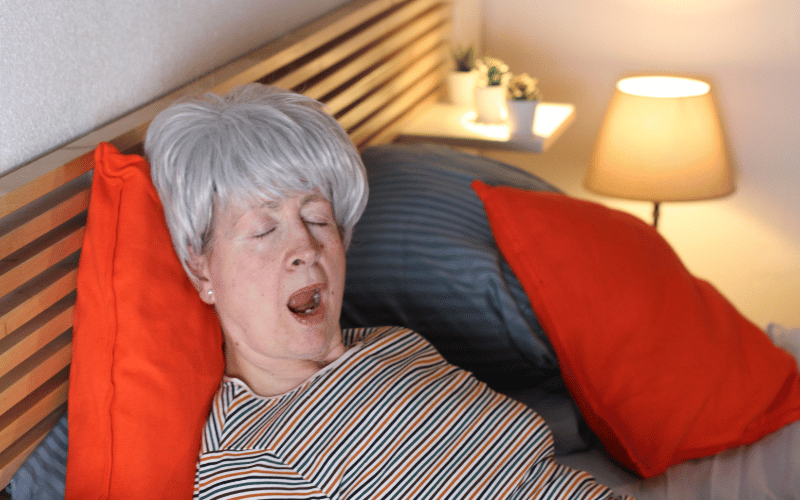Introduction: Why Snoring is More Than Just Noisy Nights for Women

Snoring may seem like a small inconvenience to most, but for women, this often-overlooked issue could be a sign of a more significant concern. Far from being a problem confined to men, snoring is a condition that affects a considerable number of women, often with serious implications for their health and well-being. This isn’t just about restless nights; it’s about breaking the mold of societal norms that make women less likely to seek treatment or even acknowledge the issue.
If you’re among those who think that snoring is primarily a man’s problem, then brace yourself for a paradigm shift. Sure, men snore more than women, but dismissing it as a non-issue for the fairer sex does a disservice to the millions of women who snore. The consequences are not just about disturbed sleep; they can be far-reaching, affecting your physical and emotional health, relationships, and even work performance.
Why is this topic so crucial? Because the phenomenon of women snoring is surrounded by myths and misinformation that can be harmful. Ignoring it can lead to untreated medical conditions, including sleep apnea, high blood pressure, and other cardiovascular issues. Not to mention, it can create tension in relationships, affecting the emotional well-being of both partners.
In this article, we will lift the veil on women and snoring, unveiling ten critical facts that could make a genuine difference in how you approach this condition. By shedding light on topics ranging from hormonal influences to serious medical implications, this article aims to be your go-to resource for understanding the less-talked-about but highly crucial subject of women and snoring.
So, let’s dive into the eye-opening, myth-shattering facts about women who snore, starting with the often-overlooked gender disparity in snoring and its potential health implications. Are you ready to wake up to the truth? Let’s get started.
1. The Gender Gap in Snoring: Why Women are Less Likely to be Diagnosed

Contrary to popular belief, snoring isn’t a male-only issue. Studies reveal that while men are more frequently diagnosed, a significant percentage of women snore too. The real shocker? They often go undiagnosed. Why? Well, it starts with the subtle but crucial differences in how snoring manifests in women compared to men.
Firstly, women tend to snore quietly. That soft, almost demure noise often gets mistaken for heavy breathing rather than the more stereotypical, lumberjack-style snoring men are often guilty of. This quieter snoring leads to fewer complaints from partners, less awareness, and, ultimately, fewer diagnoses.
Another angle to consider is societal norms. Women are often less likely to report their snoring, mainly because it’s perceived as “unfeminine” or embarrassing. This societal pressure to be the “perfect woman” doesn’t just influence cosmetics and career choices; it even impacts the reporting and diagnosis of something as natural and common as snoring. (1)